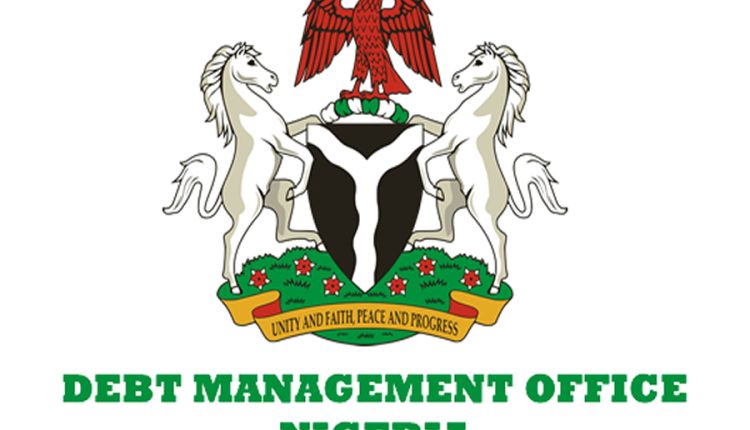
The Debt Management Office (DMO) has announced that Nigeria’s total public debt reached ₦49.95 trillion ($108.30 billion) as of March.
POLITICS NIGERIA reports that this figure includes the external and domestic debts of the Federal Government, the 36 states, and the Federal Capital Territory (FCT).
Compared to the previous period in December 2022, when the total debt stood at ₦46.25 trillion ($103 billion), there has been an increase of approximately ₦3 trillion.
It’s important to note that the debt stock does not include the Federal Government’s ₦22.719 trillion ($49.60 billion) Ways and Means Advances from the Central Bank of Nigeria (CBN), as the National Assembly approved its securitisation in May. Starting from June, the Ways and Means Advances will be incorporated into the Federal Government’s debt stock.
According to Patience Oniha, the Director-General of the DMO, the recent Debt Sustainability Analysis (DSA) reports underscored the importance of increasing revenues to ensure sustainable public debt.
Oniha commended some of the present administration’s policies that contribute to debt sustainability, such as the removal of subsidy to manage expenditure and the appointment of a Special Adviser to the President on Revenue, both of which aim to enhance revenue generation.
“Policies like the removal of subsidies to manage expenditure and the focus on revenue through the appointment of a Special Adviser to the President on Revenue were positive steps for public debt sustainability, ” Oniha said.
